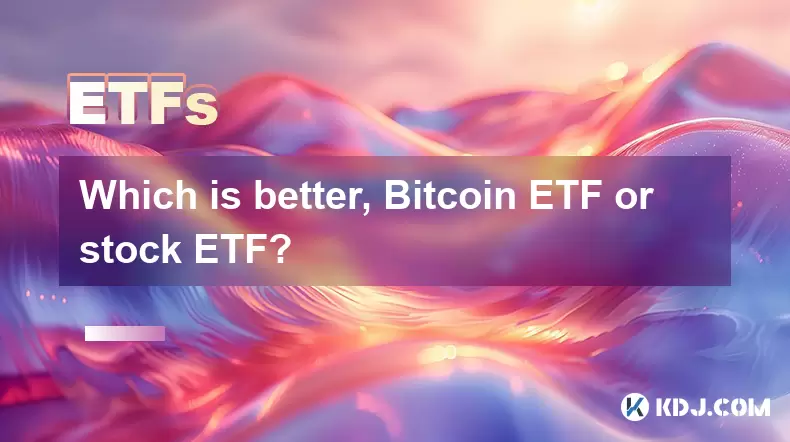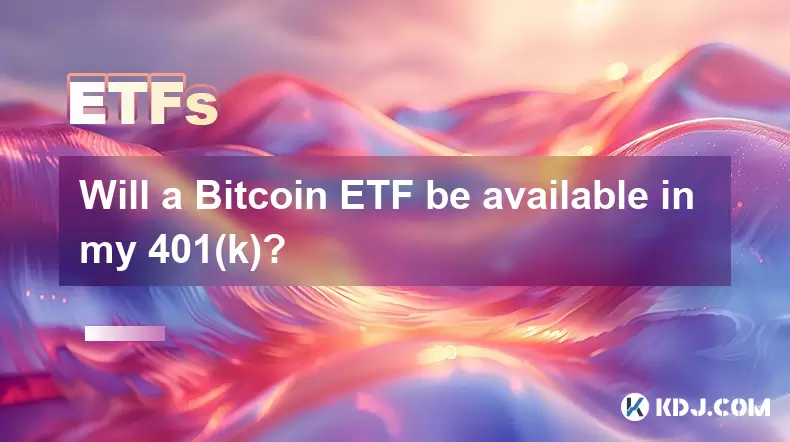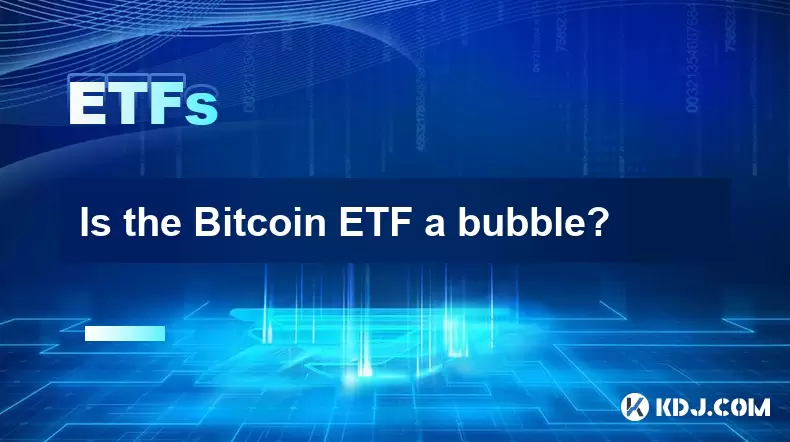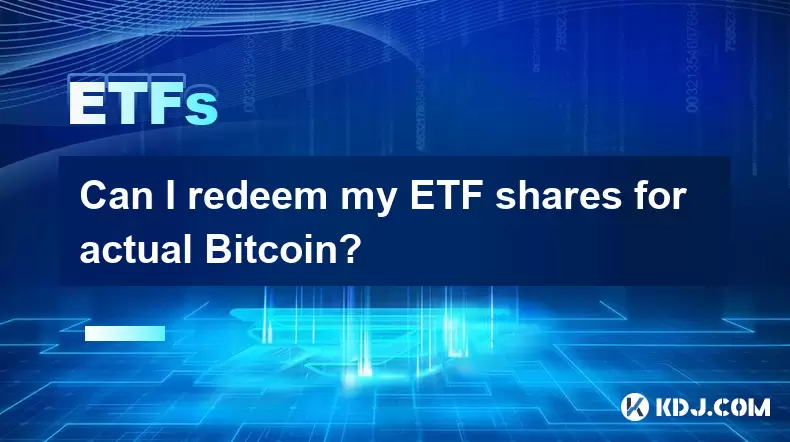-
 Bitcoin
Bitcoin $112400
-1.07% -
 Ethereum
Ethereum $3409
-3.27% -
 XRP
XRP $2.784
-6.60% -
 Tether USDt
Tether USDt $0.9997
-0.03% -
 BNB
BNB $739.3
-2.09% -
 Solana
Solana $158.0
-2.90% -
 USDC
USDC $0.9998
-0.02% -
 TRON
TRON $0.3213
-0.94% -
 Dogecoin
Dogecoin $0.1929
-5.01% -
 Cardano
Cardano $0.6974
-2.82% -
 Hyperliquid
Hyperliquid $36.69
-2.31% -
 Sui
Sui $3.327
-4.80% -
 Stellar
Stellar $0.3672
-5.18% -
 Chainlink
Chainlink $15.65
-3.07% -
 Bitcoin Cash
Bitcoin Cash $525.0
-1.68% -
 Hedera
Hedera $0.2291
-6.00% -
 Avalanche
Avalanche $20.91
-2.96% -
 Ethena USDe
Ethena USDe $1.000
0.00% -
 Toncoin
Toncoin $3.520
-1.12% -
 UNUS SED LEO
UNUS SED LEO $8.968
0.14% -
 Litecoin
Litecoin $105.7
0.26% -
 Shiba Inu
Shiba Inu $0.00001181
-1.79% -
 Polkadot
Polkadot $3.492
-2.08% -
 Uniswap
Uniswap $8.800
-3.10% -
 Dai
Dai $0.9999
-0.01% -
 Monero
Monero $289.9
-3.17% -
 Bitget Token
Bitget Token $4.243
-1.27% -
 Pepe
Pepe $0.00001006
-3.67% -
 Cronos
Cronos $0.1248
-5.68% -
 Aave
Aave $249.7
-2.50%
Which is better, Bitcoin ETF or stock ETF?
Bitcoin ETFs offer exposure to cryptocurrency's volatility and potential high returns, while stock ETFs provide stability and diversification for more conservative investors.
May 18, 2025 at 03:15 pm

When considering investment options within the cryptocurrency and financial markets, investors often weigh the merits of Bitcoin Exchange-Traded Funds (ETFs) against traditional stock ETFs. Both offer unique advantages and potential risks, and understanding these can help investors make informed decisions tailored to their financial goals and risk tolerance.
Understanding Bitcoin ETFs
Bitcoin ETFs are investment vehicles that track the price of Bitcoin without the investor needing to directly own the cryptocurrency. They provide a way for investors to gain exposure to Bitcoin's price movements through a traditional investment structure, which is often more accessible and regulated than direct cryptocurrency trading.
- Accessibility: Bitcoin ETFs are traded on traditional stock exchanges, making them easily accessible to investors who may not have access to cryptocurrency exchanges.
- Regulation: Being regulated financial products, Bitcoin ETFs offer a level of security and oversight that direct cryptocurrency investments might lack.
- Liquidity: These ETFs typically have high liquidity, allowing investors to buy and sell shares easily during market hours.
Understanding Stock ETFs
Stock ETFs, on the other hand, are funds that track a basket of stocks, often representing a specific index like the S&P 500. They offer diversification across multiple companies and sectors, reducing the risk compared to investing in individual stocks.
- Diversification: Stock ETFs spread investment risk across many different stocks, which can help mitigate the impact of poor performance by any single company.
- Stability: Generally, stock ETFs are considered more stable than Bitcoin ETFs, as they are tied to the broader, more established stock market.
- Income Potential: Some stock ETFs focus on dividend-paying stocks, offering potential income through regular dividend payments.
Comparing Risk and Volatility
When it comes to risk and volatility, Bitcoin ETFs and stock ETFs present different profiles. Bitcoin, being a relatively new and highly speculative asset, experiences significant price swings. This volatility can lead to high potential returns but also substantial losses.
- Bitcoin ETFs: These funds can experience extreme volatility, mirroring the price movements of Bitcoin. For instance, Bitcoin's price can fluctuate dramatically within short periods, affecting the value of Bitcoin ETFs.
- Stock ETFs: While stock ETFs can also be volatile, especially during economic downturns, they generally exhibit less volatility than Bitcoin ETFs. The diversified nature of these funds helps cushion against severe market swings.
Potential Returns
The potential returns from Bitcoin ETFs and stock ETFs vary greatly. Bitcoin has historically offered high returns over certain periods, but these come with equally high risks. Stock ETFs, particularly those tracking broad market indices, typically offer more modest but more consistent returns.
- Bitcoin ETFs: Investors who correctly time the market can achieve significant gains from Bitcoin ETFs. However, the high volatility also means the potential for significant losses.
- Stock ETFs: These funds often provide steady, long-term growth, with less risk of sudden, drastic drops in value. They are suited for investors seeking more predictable returns over time.
Tax Considerations
Tax considerations are another crucial aspect to consider when choosing between Bitcoin ETFs and stock ETFs. The tax treatment of gains from these investments can differ significantly.
- Bitcoin ETFs: Gains from Bitcoin ETFs are typically treated as capital gains. Depending on the holding period, these can be classified as short-term or long-term capital gains, with different tax rates applying.
- Stock ETFs: Similarly, gains from stock ETFs are also treated as capital gains. However, some stock ETFs may offer tax advantages, such as lower turnover rates leading to fewer taxable events.
Fees and Expenses
Fees and expenses associated with Bitcoin ETFs and stock ETFs can impact the overall return on investment. It's important to understand the fee structures of each type of ETF.
- Bitcoin ETFs: These often come with higher expense ratios compared to traditional stock ETFs, reflecting the higher costs associated with managing cryptocurrency-related products.
- Stock ETFs: Stock ETFs generally have lower expense ratios, especially those tracking broad market indices. This can make them more cost-effective over the long term.
Accessibility and Trading
Accessibility and trading options are also key factors. Both Bitcoin ETFs and stock ETFs can be traded on major stock exchanges, but the process and considerations differ.
- Bitcoin ETFs: Investors can buy and sell Bitcoin ETFs through their brokerage accounts during regular trading hours. The ease of trading these ETFs on traditional platforms makes them attractive to investors who are wary of cryptocurrency exchanges.
- Stock ETFs: Similarly, stock ETFs are traded on stock exchanges, offering high liquidity and ease of access. Investors can trade these ETFs throughout the trading day, taking advantage of market movements.
Suitability for Different Investor Profiles
The suitability of Bitcoin ETFs versus stock ETFs can vary based on an investor's profile, including their risk tolerance, investment horizon, and financial goals.
- Risk-Tolerant Investors: Those with a high risk tolerance and a belief in the long-term potential of Bitcoin may find Bitcoin ETFs more appealing. These investors are comfortable with the potential for significant volatility and are looking for high potential returns.
- Conservative Investors: Investors with a lower risk tolerance and a preference for stability and steady growth may prefer stock ETFs. These investors are typically more focused on preserving capital and achieving consistent, long-term returns.
Frequently Asked Questions
Q: Can I invest in both Bitcoin ETFs and stock ETFs in the same portfolio?
A: Yes, many investors choose to diversify their portfolios by including both Bitcoin ETFs and stock ETFs. This approach allows them to balance the potential high returns and volatility of Bitcoin with the stability and diversification offered by stock ETFs.
Q: Are there any specific Bitcoin ETFs that are recommended for beginners?
A: For beginners, it's advisable to start with well-established Bitcoin ETFs such as the ProShares Bitcoin Strategy ETF (BITO) or the Valkyrie Bitcoin Strategy ETF (BTF). These funds are designed to track Bitcoin's price and are traded on major stock exchanges, offering a regulated and accessible entry point into Bitcoin investment.
Q: How do I monitor the performance of my Bitcoin ETF and stock ETF investments?
A: Monitoring the performance of your investments can be done through various financial platforms and brokerage accounts. Most brokers provide real-time data and performance metrics for both Bitcoin ETFs and stock ETFs. Additionally, financial news websites and apps offer up-to-date information on market trends and ETF performance.
Q: What are the potential drawbacks of investing in Bitcoin ETFs compared to stock ETFs?
A: One potential drawback of Bitcoin ETFs is their higher volatility, which can lead to significant fluctuations in value. Additionally, Bitcoin ETFs often have higher expense ratios than stock ETFs, which can erode returns over time. Stock ETFs, while generally more stable, may offer lower potential returns compared to Bitcoin ETFs.
Disclaimer:info@kdj.com
The information provided is not trading advice. kdj.com does not assume any responsibility for any investments made based on the information provided in this article. Cryptocurrencies are highly volatile and it is highly recommended that you invest with caution after thorough research!
If you believe that the content used on this website infringes your copyright, please contact us immediately (info@kdj.com) and we will delete it promptly.
- BlockDAG, SEI, Ethena: Top Crypto Performers Under the Microscope
- 2025-08-03 10:50:16
- Bitcoin Blasts Past $119K: How Institutional Adoption and Macro Shifts Fuel the Fire
- 2025-08-03 10:55:16
- Crypto, Grok, and August: Decoding the Latest Trends and Insights
- 2025-08-03 11:10:16
- Crypto, Phishing, and Your Wallet: A New Yorker's Guide to Staying Safe
- 2025-08-03 10:30:16
- Troller Cat Meme Coin Presale Soars: A New King in the Crypto Jungle?
- 2025-08-03 10:30:16
- Grayscale, Altcoin Trust, and Mid-Cap Mania: What's the Deal?
- 2025-08-03 08:50:16
Related knowledge

What is the best platform to trade Bitcoin ETFs?
Jul 23,2025 at 04:14am
Understanding Bitcoin ETFs and Their Role in TradingBitcoin Exchange-Traded Funds (ETFs) have gained significant traction among traditional and crypto...

What is the best platform to trade Bitcoin ETFs?
Jul 17,2025 at 03:50pm
Understanding Bitcoin ETFs and Their Role in the MarketBitcoin Exchange-Traded Funds (ETFs) are investment vehicles that track the price of Bitcoin wi...

Will a Bitcoin ETF be available in my 401(k)?
Jul 17,2025 at 10:42pm
What is a Bitcoin ETF?A Bitcoin ETF (Exchange-Traded Fund) is an investment vehicle that tracks the price of Bitcoin without requiring investors to di...

Who is the authorized participant for a Bitcoin ETF?
Jul 18,2025 at 12:42am
Understanding the Role of Authorized Participants in Bitcoin ETFsIn the context of Bitcoin Exchange-Traded Funds (ETFs), an authorized participant (AP...

Is the Bitcoin ETF a bubble?
Jul 20,2025 at 06:57am
Understanding the Bitcoin ETF ConceptA Bitcoin Exchange-Traded Fund (ETF) is a financial product that aims to track the price of Bitcoin without requi...

Can I redeem my ETF shares for actual Bitcoin?
Jul 17,2025 at 03:14pm
Understanding ETF Shares and Their Relation to BitcoinExchange-Traded Funds (ETFs) have become a popular investment vehicle for those looking to gain ...

What is the best platform to trade Bitcoin ETFs?
Jul 23,2025 at 04:14am
Understanding Bitcoin ETFs and Their Role in TradingBitcoin Exchange-Traded Funds (ETFs) have gained significant traction among traditional and crypto...

What is the best platform to trade Bitcoin ETFs?
Jul 17,2025 at 03:50pm
Understanding Bitcoin ETFs and Their Role in the MarketBitcoin Exchange-Traded Funds (ETFs) are investment vehicles that track the price of Bitcoin wi...

Will a Bitcoin ETF be available in my 401(k)?
Jul 17,2025 at 10:42pm
What is a Bitcoin ETF?A Bitcoin ETF (Exchange-Traded Fund) is an investment vehicle that tracks the price of Bitcoin without requiring investors to di...

Who is the authorized participant for a Bitcoin ETF?
Jul 18,2025 at 12:42am
Understanding the Role of Authorized Participants in Bitcoin ETFsIn the context of Bitcoin Exchange-Traded Funds (ETFs), an authorized participant (AP...

Is the Bitcoin ETF a bubble?
Jul 20,2025 at 06:57am
Understanding the Bitcoin ETF ConceptA Bitcoin Exchange-Traded Fund (ETF) is a financial product that aims to track the price of Bitcoin without requi...

Can I redeem my ETF shares for actual Bitcoin?
Jul 17,2025 at 03:14pm
Understanding ETF Shares and Their Relation to BitcoinExchange-Traded Funds (ETFs) have become a popular investment vehicle for those looking to gain ...
See all articles

























































































